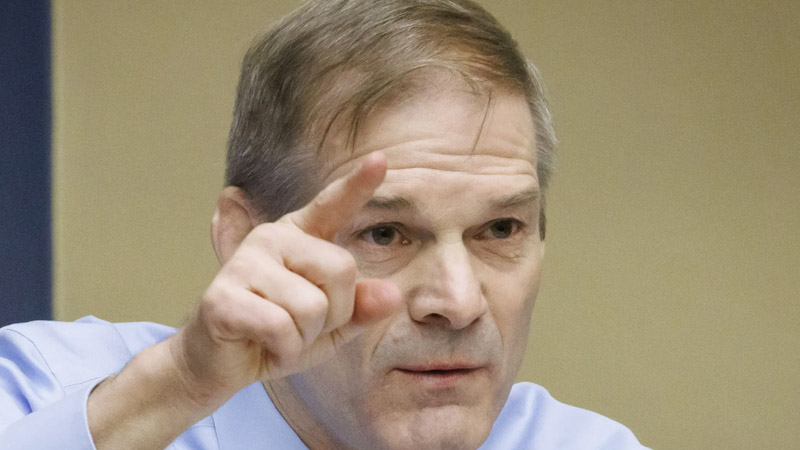Rep. Jim Jordan (R-OH) praised President-elect Donald Trump after Meta CEO Mark Zuckerberg suggested that corporate America needs more “masculine energy.” Jordan’s remarks came during a Monday interview on Fox News with host Martha MacCallum, who referenced Zuckerberg’s comments during a discussion with Joe Rogan.
“It’s interesting to me as well that he’s making comments about companies in America needing more, quote, masculine energy,” MacCallum said. “Boy, I mean, I think about the years that we spent talking about toxic masculinity and how it existed and almost, you know, you would think every single boy and young man in the country.”
Jordan credited Trump’s leadership and messaging for influencing a cultural shift. “I think a lot of the credit goes to President Trump, his message,” Jordan said. He also highlighted Elon Musk’s role in challenging corporate norms, referencing Musk’s acquisition of Twitter. “You know, I think he said he didn’t spend X number of billions of dollars to buy Twitter. He spent those billions of dollars to protect the First Amendment,” Jordan added.
For Jordan, Zuckerberg’s comments reflect a broader rejection of progressive policies, which he equated with a return to “truth and common sense.” “People are sick of all the woke stuff, sick of the DEI, sick of men participating against women in sports, sick of all the things that the left was doing,” Jordan argued. “And now we’re seeing that play out.”

The Ohio congressman suggested that a focus on “masculine energy” aligns with values that uphold free speech and traditional principles. “I think it’s good for the First Amendment, good for the Constitution, good for the country,” he concluded.
Zuckerberg’s comments about corporate America and masculinity sparked widespread debate, particularly in the context of a culture war over issues like diversity, equity, inclusion (DEI), and gender roles. For Jordan and other conservatives, such remarks resonate with ongoing criticism of progressive policies and reflect a perceived shift in societal attitudes.

